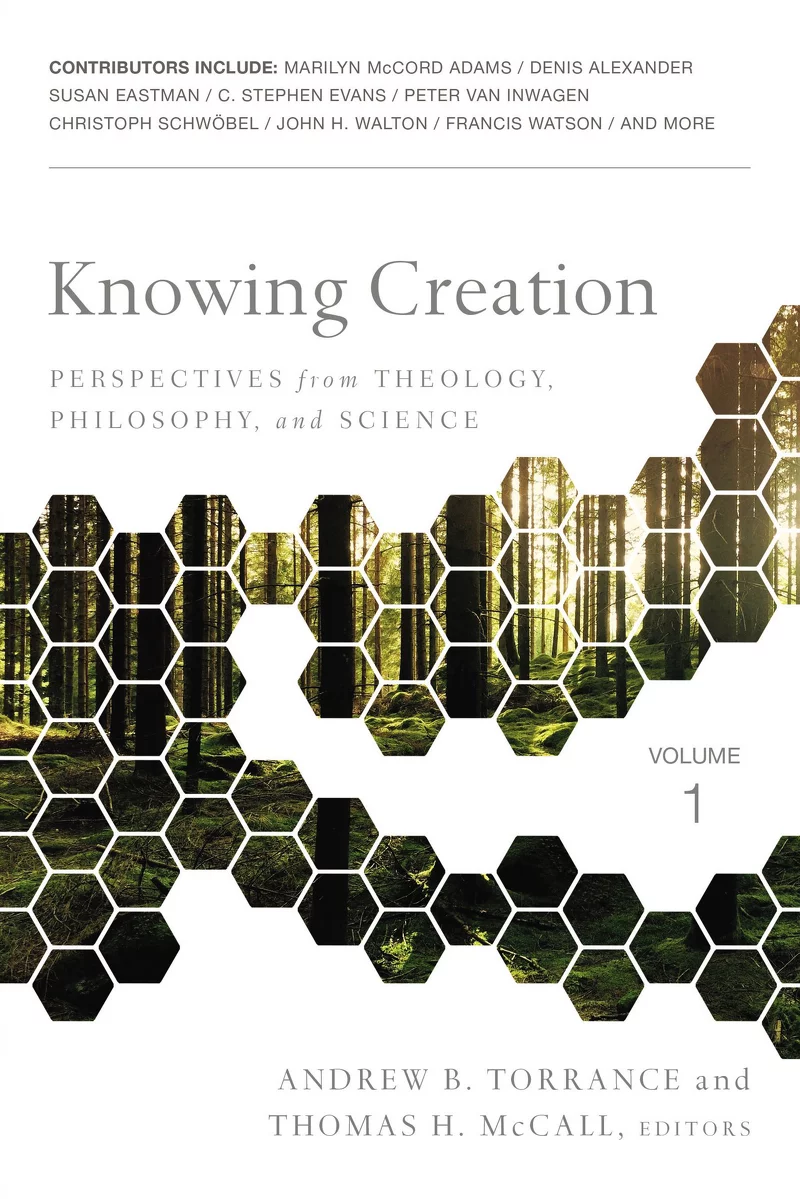

Knowing Creation:Perspectives from Theology, Philosophy, and Science
Thomas H. McCall,
Andrew Torrance
Zondervan Academic
It is hard to think of an area of Christian theology that provides more scope for interdisciplinary conversation than the doctrine of creation. This doctrine not only invites reflection on an intellectual concept: it calls for contemplation of the endlessly complex, dynamic, and fascinating world that human being inhabit. But the possibilities for wide-ranging discussion are such that scholars sometimes end up talking past one another. Productive conversation requires mutual understanding of insights across disciplinary boundaries. Knowing Creation offers an essential resource for helping scholars from a range of fields to appreciate one another’s concerns and perspectives. In so doing, it offers an important step forward in establishing a mutually-enriching dialogue that addresses, amongst others, the following key questions:
- Who is the God who creates?
- Why does God create?
- What is “creation”?
- What does it mean to recognize that a theology of creation speaks of a natural world that is subject to the observation of the natural sciences? What does it mean to talk about both a “natural” order and a “created” order?
- What are the major tensions that have arisen between the natural sciences and Christian thinking historically, and why? How can we move beyond such tensions to a positive and constructive conversation, while also avoiding facile notions such as a “god of the gaps”?
- Is it feasible for a natural scientist to maintain a belief in God’s continuing creative activity?
- In what ways might a naturalistic understanding of the natural world be said to be limited?
- How can biblical studies, theology, philosophy, history, and science talk better together about these questions?
At a time when the doctrine of creation – and even a mention of “creation” – has been disparaged due to its supposed associations with anti-scientific dogma, and theological offerings sometimes risk appearing a little more than reactionary exercises in naive apologetics, ill-informed by science or distinctly wary of engagement with it, it is more important than ever to offer a cross-disciplinary resource that can voice a positive account of a Christian theology of creation, and do so as a genuinely broad-ranging conversation about science and faith.
Contributors to Knowing Creation include Marilyn McCord Adams, Denis Alexander, Susan Eastman, C. Stephen Evans, Peter van Inwagen, Christoph Schwobel, John H. Walton, Francis Watson, and more.

